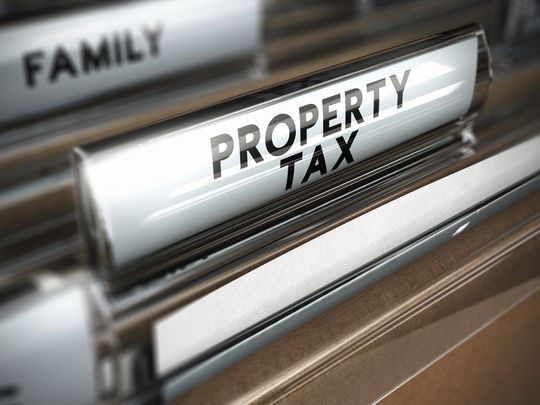Filing taxes can be an intimidating task for many. It is important to be informed about the taxes and related exemptions that the state provides to a homeowner. It is only then, that you will be able to take the advantage of the tax breaks and make a good use of that money.

To know more about the taxes and exemptions related to home ownership, we talked to Angus Reed – Co-founder of Lyons Capital Pty Ltd (A Real estate investment firm). Following are the important points which can be really helpful if you are filing your property taxes:
Mortgage Interest
If you pay a mortgage interest for your home, the amount you pay is tax deductible. The lender provides a document called the Form 1098 which will show the interest you have paid to the lender. If your mortgage is not very old, you are likely to get more benefit from the deduction. This is because the installment that you pay towards the early years is far more than what you pay in the later times.
The deductions are available for mortgages up to $1 million, or $500,000 if you are married but filing a separate return.
It is also noteworthy that interest paid on the second mortgage, refinance loans and any type of home equity loans are also deductible. But there are more restrictions on these kinds of deductions.
Discount Points
Points or discount points are the fees that you pay to the lender at closing in exchange for a reduction in the rate of interest over the complete term of the loan. Borrowers can pay up to 3 discount points. For getting one discount point the borrower usually pays 1 percent of the mortgage amount.
These discount points are tax deductible. The amount you pay is usually deductible in full. If the loan is a refinance, the deductions will be spread over the life of the loan.
Home Improvement
- Home Modification for the Disabled: If you make certain improvements in your home to help you with your disability, the cost of improvement can be tax deductible.
And now the bad new, Tax credits related to energy saving investments have been eliminated as of Jan. 1 2017. The following are the two which have discontinued:
Energy Efficient Property Credit For Residence: This used to give you a credit of 30 percent of the cost of the alternate energy equipment that you had installed at your home.
Nonbusiness Energy Property Tax credit: This was the tax credit available on the purchase of certain home energy efficient products between $50 and $500 and it used to be 10 percent of the amount.
If you’ve made these purchases before the start of 2017, you can claim these tax deductions.
Home Office
There are some rules that allow deductions for the cost of the home office. If you are eligible for such deductions, you should ask a tax professional to guide you through this.
Tax-Free IRA Withdrawal
This one is very important especially if you are yet to buy your first home and are looking for options to come up with the required down payment. These individuals can pull funds from their IRS account without having to pay the 10 percent penalty that is applied to withdrawals before the age of 59½.
Note that if you do this, although you won’t have to pay the penalty, you will need to pay tax on this money. The maximum limit of withdrawal from the IRS account is $10,000.
Always remember to keep all your receipts carefully in a safe place. Knowing these simple rules can help you save a lot on your taxes.

